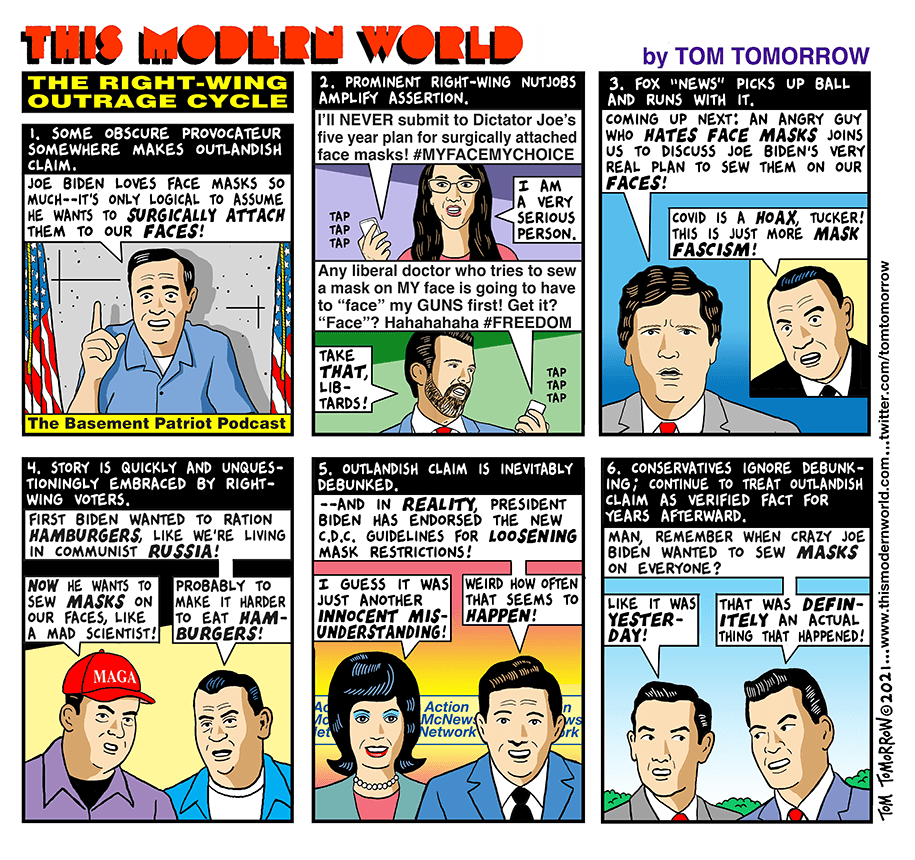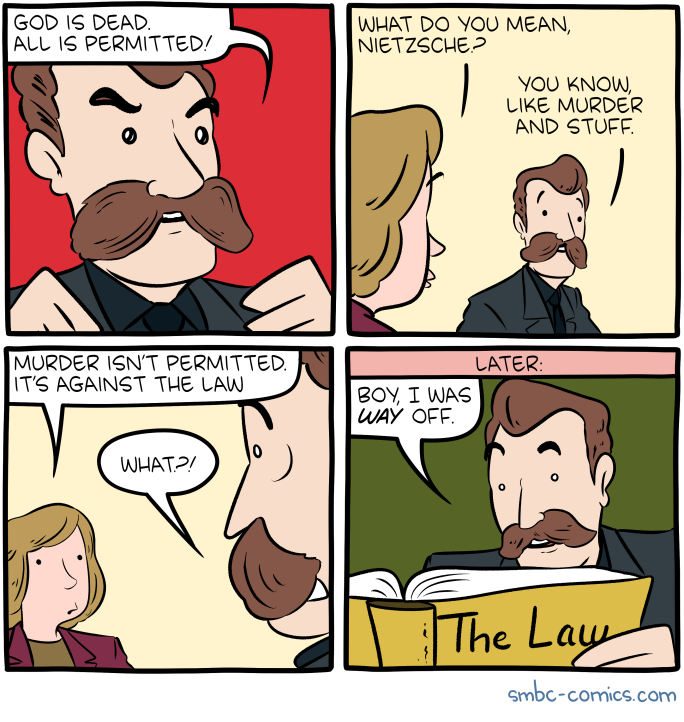Sunday, 29 August 2021 - 10:35am
This week, I have been mostly reading:
- More Money and Fewer Readers: The Paradox of Subscriber Journalism — Jack Shafer at Politico:
Muckraker George Seldes, one of America’s most accomplished independent journalists, built his paper-and-postage newsletter, In fact, into a 176,000-circulation phenomenon in the late 1940s, outpacing the circulation of both the New Republic and the Nation. Every bit as edgy in his journalistic approach as such Substack all-stars as Glenn Greenwald, Matt Yglesias or Matt Taibbi, Seldes should have gloried in his triumph. Instead, he was depressed by his lack of mass reach. No matter how hard he tried, he lamented in his final issue that he couldn’t connect very far beyond the “$5 liberals” who subscribed to In fact. He wanted a mass audience that would allow him to keep pace with the big newspapers that reached a million subscribers. He wanted his words to land as hard as theirs. Instead, the elite audience he’d cultivated became too much of an echo chamber.
- This Modern World — by Tom Tomorrow:

- Gee, Officer Kristen — Patrick Marlborough in Meanjin:
Have you ever had to explain to somebody that the Holocaust did in fact happen? Maybe a co-worker, or someone on Facebook, or a particularly curious if off-putting child? How about someone who holds your future in their hands? Someone who you’ve watched bully a man with one arm into a job stacking shelves at Coles? Someone who just last week referred to a severely intellectually disabled man as a ‘born slacker’? Have you ever had to turn to that person and explain to them, slowly and delicately, that Hitler was a very real man who did some very bad things and that the Holocaust was not a collective false memory cleverly beamed into our brains by the race of lizard men who secretly run the world? Oh, you haven’t? Well, just imagine you have for a moment. And that at the end of your brief yet exacerbated explanation they turn back to their computer, sniff, and say ‘well, that’s not what I’ve heard’ then tell you there’s a minimum wage job going in a town in the wheat-belt that’s best known for its record breaking suicide statistics—and that you have to take it, or starve.
- The Left Must Take Back Labour — Craig Murray:
If you believe that the Starmer project was a genuine belief that a right wing agenda would get Labour back into power, then the Starmer Project has totally failed on those terms. If you believe that the Starmer project was a scheme to neutralise any threat from Labour to the vast disparity of wealth in the UK and internationally, then it has spectacularly succeeded.
- Bow Down to Me, Pathetic Mortals, For I Have a Loud Engine — Susie Aquilina in McSweeney's:
It has arrived, oh feeble ones, the time for my automobile to barrel through your vicinity and announce my prowess—my vital and irrefutable masculinity. How is it that you know of my unquestioned and eternal virility? I have a vehicle that goes vroom vroom! Oh, how I pity you, you mite of a human, sitting there in silence, with no engine to rev. How you must want for power, that which I possess. The power to irritate everyone within a two-mile radius. This sound that emanates from my swift movement, this amplified mechanical sputtering, exclaims to all my undisputed vigor.
- The Central Banker’s New Clothes — Robert Skidelsky in Project Syndicate:
Friedman ignored what John Maynard Keynes called the “speculative demand for money,” which the British economist Ralph Hawtrey had succinctly identified in 1925. “When trade is slack, traders accumulate cash balances because the prospects of profit from any enterprise are slight, and the rate of [return] from any investment is low,” Hawtrey said. “When trade is active, an idle balance is a more serious loss, and traders hasten to use all their resources in their business.” This means that the state of the economy determines the quantity of money in circulation, and not vice versa. Uncertainty about future inflation is only one of many factors affecting business decisions, which reflect firms’ expectations of “customers at the door.” A central bank’s ability to control the price level and the level of economic activity through purely monetary operations is thus very limited. The bottom line is that for money to affect the economy in a predictable way, it must be spent in a predictable way. And that can happen only if the spender is the government.
- Saturday Morning Breakfast Cereal — by Zach Weinersmith:

- What the ephemerality of the Web means for your hyperlinks — John Bowers, Clare Stanton, and Jonathan Zittrain in Columbia Journalism Review:
Our team of researchers at Harvard Law School has undertaken a project to gain insight into the extent and characteristics of journalistic linkrot and content drift. We examined hyperlinks in New York Times articles, starting with the launch of the Times website in 1996 up through mid-2019, developed on the basis of a data set provided to us by the Times. […] We found that of the 553,693 articles within the purview of our study––meaning they included URLs on nytimes.com––there were a total of 2,283,445 hyperlinks pointing to content outside of nytimes.com. Seventy-two percent of those were “deep links” with a path to a specific page, such as example.com/article, which is where we focused our analysis (as opposed to simply example.com, which composed the rest of the data set). Of these deep links, 25 percent of all links were completely inaccessible. Linkrot became more common over time: 6 percent of links from 2018 had rotted, as compared to 43 percent of links from 2008 and 72 percent of links from 1998. Fifty-three percent of all articles that contained deep links had at least one rotted link.